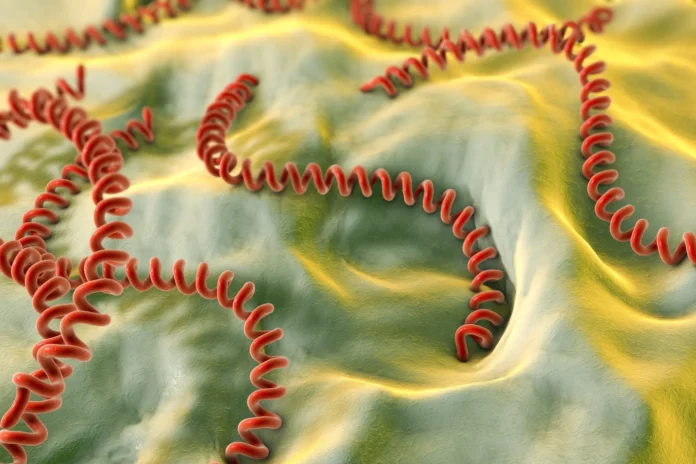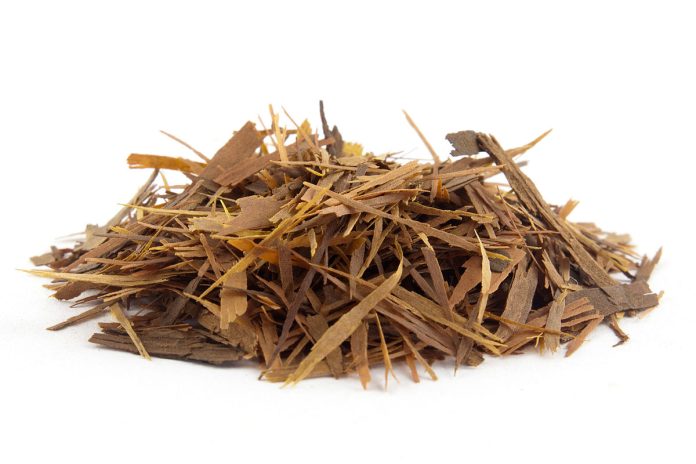Leptospirosis Bacterial Infection
Did you know that incorporating turmeric into your daily regimen could aid in managing Leptospirosis? Here are a few natural methods to bolster your health against it.
Leptospirosis, a bacterial infection transmissible from animals to humans, can be contracted through exposure to the urine of rodents, dogs, and farm animals. Caused by the bacterium Leptospira interrogans, this infection is often carried by animals and can persist in their kidneys, eventually contaminating soil and water sources. Entry points for the bacteria into the human body include open wounds, scratches, and mucous membranes such as the nose, mouth, and genitals, though person-to-person transmission is rare.
Leptospirosis Symptoms
Symptoms of leptospirosis may include headache, vomiting, muscle pain, chills, and skin rash. If you experience any of these symptoms, it’s essential to consult a healthcare professional who can prescribe antibiotics. Additionally, natural remedies can complement medical treatment:
Stay Hydrated
Adequate hydration is crucial to support multiple organ functions and prevent complications like jaundice in severe cases. Opt for glucose and salt solution drinks to maintain your body’s hydro-electrolytic balance and ensure natural health.
Include Ginger in Your Diet
Ginger has shown promise in treating Leptospirosis, as evidenced by studies on mice demonstrating its ability to reduce anti-inflammatory cytokines and mitigate organ damage associated with the infection. Incorporate ginger into your diet by adding it to soups, dals, or other dishes to promote natural health.
Turmeric to Combat Leptospirosis
Known for its anti-inflammatory properties, turmeric can effectively aid in combating Leptospirosis. Consider incorporating turmeric into your meals or consuming it in the form of supplements to leverage its potential benefits for natural health.
Trash Management to Avoid Leptospirosis
Rats and rodents are often attracted to areas with accumulated trash. Proper disposal of waste is essential to deter these animals and minimize the risk of exposure to Leptospira bacteria, thereby promoting natural health.
By integrating these simple yet effective home remedies into your routine, you can take proactive steps to manage Leptospirosis naturally and safeguard your natural health. However, it’s essential to consult a healthcare professional for proper diagnosis and treatment guidance.



















